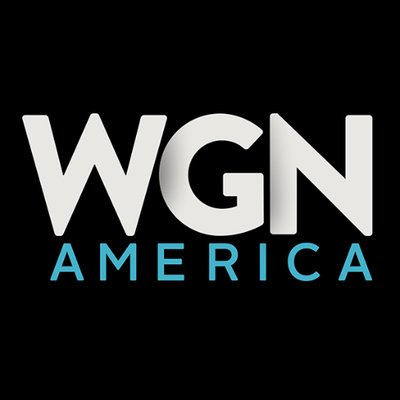
When old-timers call the KHIL station to request a song, Lucke will scour eBay for records. Currently, 21% of Willcox is over the age of 60. Willcox rancher Dennis Williams explains that his agricultural community “is struggling to hold on to its identity”, and he regards KHIL as a critical touchstone, especially for the ageing population. “I can’t think that’s a good thing.”īut it’s not just information on the chopping block – it’s also identity, something that music uniquely reflects to a listener. “Having less information about where you live and the people you live with …” He trails off. “If local radio stations are getting their content fed in from some distant studio in another state, you have less information about your home,” he says. Photograph: Cassidy Araiza/The Guardianĭeninger sees this as particularly problematic for small communities. Right: a radio transmitter inside the dungeon. Left: Mixer and headphones at the radio station in Willcox. By 2002, the radio industry was essentially an oligopoly – just 10 parent companies controlled two-thirds of the listeners and revenue. Instead, for the first time, large media companies were allowed to buy up multiple stations without restriction. In the months after the act’s passage, Reed Hundt, then the FCC Chair, spoke before Congress about “fostering innovation and competition in radio” and “ diversity in programming and diversity in the viewpoints expressed on this powerful medium that so shapes our culture”.Īnd yet the act did not deliver on these ideals. The 1996 Telecommunications Act changed the radio landscape dramatically, allowing for deregulation, which led to the rapid consolidation of the industry. “We told them stories about a fender bender that happened down on Main Street, or a local parade coming up, or the success of a youngster at the local science fair.”

“We connected with people,” he remembers. His first media job was working at an AM station in Hornell, New York, where obituaries were read on air along with board of education updates. Communities are diminished when they lose their local radio stations, says Dennis Deninger, a communications professor at Syracuse University’s Newhouse School. Right: Dale Allen frequent KHIL listener in his pickup at his home in Sunsites Photograph: Cassidy Araiza/The GuardianĪt a time when local newspapers are vanishing at an alarming rate, the loss of a radio station leaves a community with another cultural and informational deficit. Left: Dennis Williams next to his radio where he listens to KHIL in Kansas Settlement. Born 31 December 1920 to Horace and Faye Allen in Willcox, Rex Elvie Allen was cross-eyed at birth, reads the plaque below the statue. He would go on to narrate a plethora of Disney movies, including Charlotte’s Web, and for years was the voice behind Ford truck and Purina Dog Chow commercials.Īllen – who died in 1999 – is now immortalized by a statue in the historic downtown. On the silver screen, The Arizona Cowboy could be seen strumming a guitar from the back of his horse, until the genre came to a close in 1954.

KHIL was founded in 1958 by Rex Allen, who gained notoriety as the last of the singing cowboys. From here, in a feat of electrical wiring, several radio stations (four of which are run by Lucke) are connected to the 5,000-watt radio tower behind the dungeon, and pushed out into the sky.

This is Tanya Tucker, and you’re listening to the station I always listened to when I was a kid.”Įxcept for a washing machine and stacking radio conductors, the dungeon is empty. Her familiar drawl can still be heard at the top of every hour on KHIL, saying, “Hello, Willcox. This was before she recorded Delta Dawn at the age of 13 and left Willcox to produce a slew of hits, which landed her in the Country Music Hall of Fame. Lucke explains that country music star Tanya Tucker “used to hang out here with the jocks”.

The “dungeon” turns out to be benign – just the original radio station building.


 0 kommentar(er)
0 kommentar(er)
